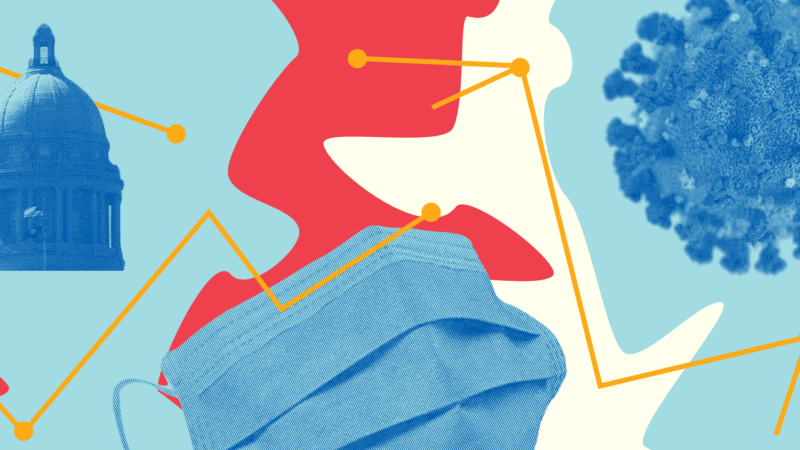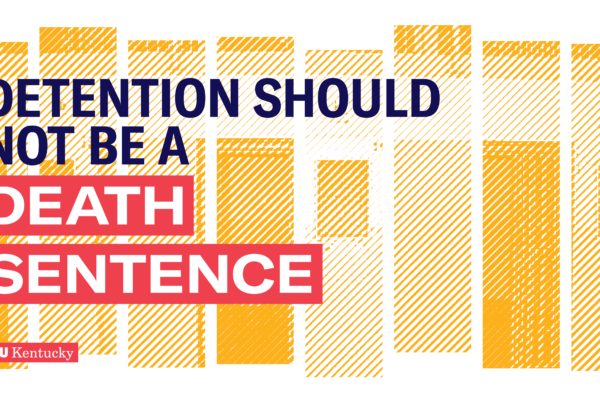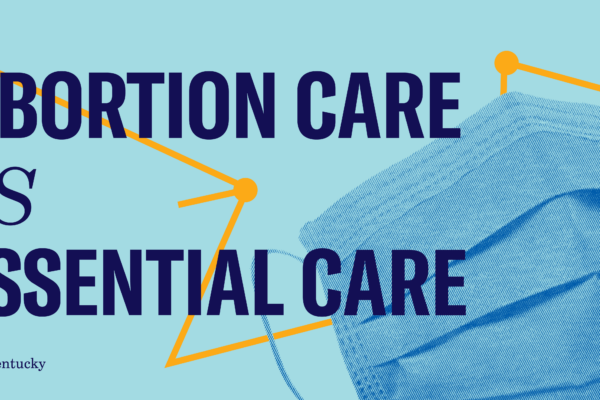COVID-19
The coronavirus pandemic has upended daily life and imperiled the health and financial security of thousands of Kentuckians. We've been working harder than ever to continue defending the civil rights and liberties of everyone in our commonwealth. See what actions we've taken and get involved.

COVID-19 and Civil Liberties
Ensuring 'We The People' Means All Of Us
COVID-19 has presented all of us with unprecedented challenges. It is as important as ever before that We the People includes all of us. This novel coronavirus does not discriminate, and it will not be defeated without deliberate collective action.
The ACLU and COVID-19
We are monitoring the actions of Kentucky's state and local officials to ensure they are taking actions that are based in science and do not infringe on the civil rights and liberties guaranteed to all people in Kentucky. We are currently working with public officials and other advocacy groups to ensure the health, safety, and civil liberties of all, especially the most vulnerable among us. Click on the subjects below to learn more about our COVID-19 response in different issue areas.
The Latest

ACLU-KY Statement on Veto of Senate Bill 9

ACLU-KY Statement on First COVID-19 Death in KY Jail or Prison

Abortion Care Is Health Care And Essential During COVID-19 Pandemic

ACLU-KY Shares Written Testimony Regarding HB451 as Lawmakers Continue Advancing Bills Amidst Public Health Emergency
Stay Informed
Sign up to be the first to hear about how to take action.
By completing this form, I agree to receive occasional emails per the terms of the ACLU’s privacy statement.
By completing this form, I agree to receive occasional emails per the terms of the ACLU’s privacy statement.
